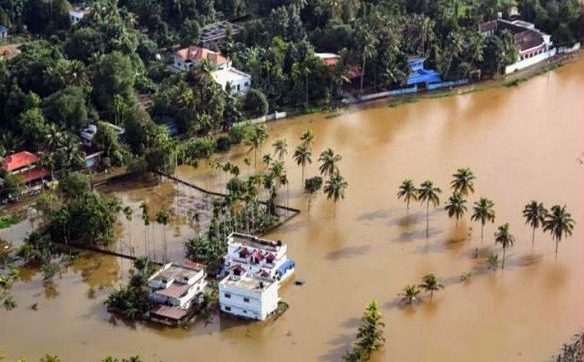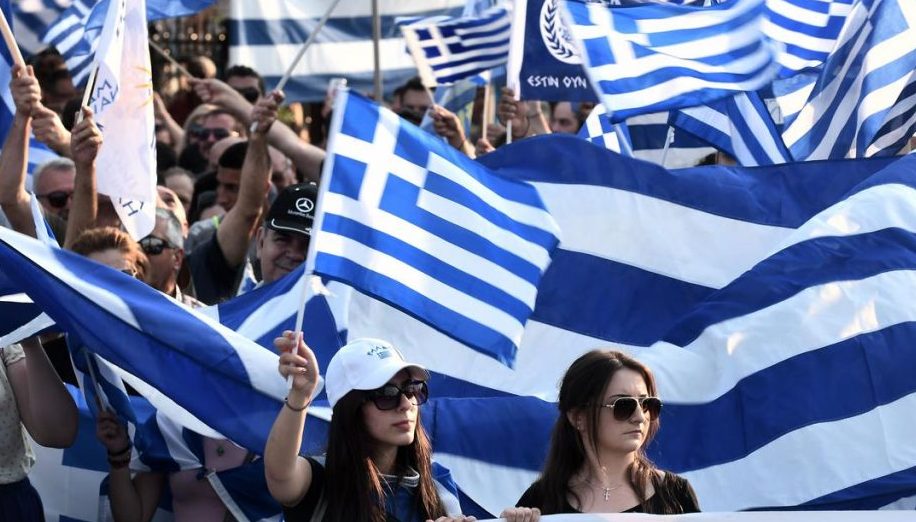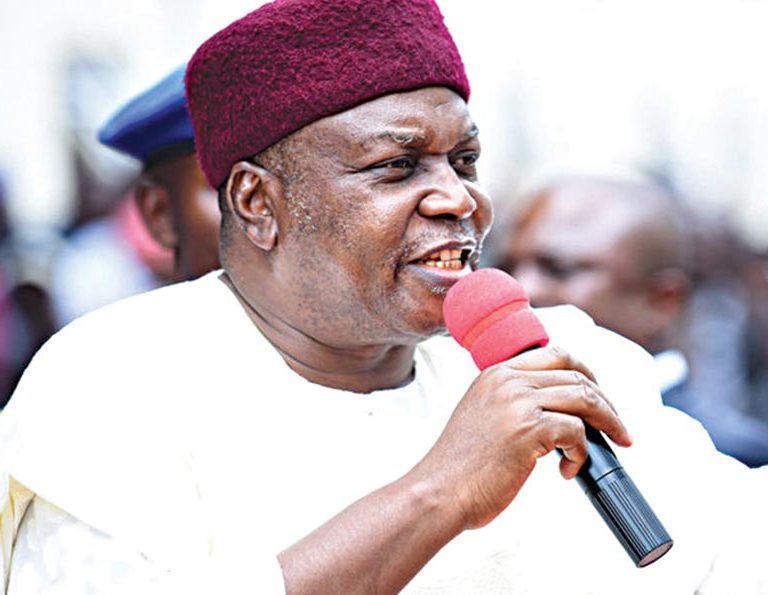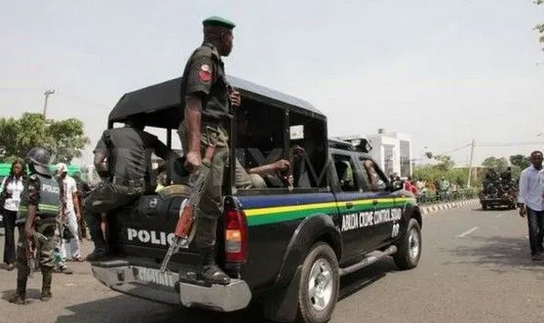Greece has successfully completed a three-year eurozone bailout programme designed to help it cope with the fallout from its debt crisis.
For the first time in eight years, Greece is now free to borrow money on the financial markets.
As a condition for the loans, the Greek government was forced to introduce a series of unpopular austerity measures.
The Greek economy has grown slowly in recent years but is still 25% smaller than when the crisis began.
Together with assistance from International Monetary Fund (IMF), the loans given to Greece since 2010 amounted to more than €260bn – the biggest bailout in global financial history.
The European Stability Mechanism (ESM) provided the country with €61.9bn (£55bn; $70.8bn) over the three years.
This supported the Greek government’s efforts to reform the nation’s troubled economy and recapitalise its banks.
The ESM is a fund set up by the countries that use the euro currency to deal with a financial crisis.
It had made available another $27bn to Greece, but said the country had not needed to call on it.
“Greece can stand on its own feet,” said ESM chairman Mario Centeno.
He thanked the Greek people for their co-operation, and also said there would be “no more follow-up rescue programmes” for the first time since 2010.
However, Greece’s freedom to manage its own economic affairs will be tempered by enhanced surveillance from the European Union’s executive, the European Commission.
This is designed to ensure Athens does not backtrack on reforms agreed with its lenders.
Eventually, the bailout loans will have to be repaid.
Professor Kevin Featherstone, director of the Hellenic Observatory at the London School of Economics, said Greece had helped to safeguard the future of the eurozone by agreeing to the terms of the bailout programme.
“By enduring this period of austerity we have avoided a Grexit [Greek exit from the European Union].
“It’s certainly the case that the third bailout of 2015 imposed terms which were very, very demanding and very painful indeed.
“For a political system to have gone through these years of austerity, this depth of economic hardship, and maintained a functioning society, a functioning democracy, is testament to the robustness of Greece as a modern state. Greece has saved the euro.”
Korean reunions: Families divided by war prepare to meet
A group of elderly South Koreans have arrived in North Korea to meet relatives they have not seen since the Korean War of 1950-1953.
The war left the Korean peninsula divided and people who lived on the northern side were unable to leave.
The two Koreas, which are technically still at war, have organised reunion events before, but this is the first in three years.
The South Koreans were chosen by lottery – the oldest of them is 101.
A hundred people were chosen by each side to attend the reunion.
Some dropped out after realising the relatives they had hoped to see were no longer alive, so in total there’ll be 83 North Koreans and 89 from the South.
One woman, aged 92, told reporters she was going to be seeing her son for the first since the end of the war.
Lee Keum-seom said she lost track of her son, then aged four, and her husband in the panic of trying to flee.
“I never imagined this day would come,” she told AFP. “I didn’t even know if he was alive or not.”
“I’m over 90 so I don’t know when I am going to die,” Moon Hyun-sook told Reuters.
She was travelling to meet her younger sisters.
“I am very glad that I have been selected this time, I’m walking on air now.”
The Korean War separated millions of people from their families.
These brief meetings are likely the last and only time many will see each other.
Over the years, at times of relative calm, the two Koreas have arranged for selected groups to visit each other.
There have been 20 such events in the past 18 years.
Past reunions between brothers and sisters, parents and children and husbands and wives have been extremely emotional experiences.
The South Koreans are travelling by bus over the heavily guarded border to the Mount Kumgang tourist resort.
They will spend three days in North Korea but only be with their relatives for a few hours each day – in total, only 11 hours. Most of their visit will be heavily supervised.
Many are bringing gifts like clothes, medicine and food for their relatives in the much poorer North.
“I’ve prepared for him some household medicine including digester and headache pills, nutritional supplements as well as some daily necessaries,” 76-year old Lee Soo-nam, who was due to meet his older brother, told Reuters.
Several doctors and nurses are travelling with the group to set up an emergency medical centre for the elderly participants.
The event, which is facilitated by the Red Cross, is the outcome of a historic meeting between North Korea’s Kim Jong-un and South Korean President Moon Jae-in at the border in April.
The two leaders met a second time in May, where they agreed to resume family reunions, and are expected to meet again in the coming weeks.
READ ALSO: Djokovic beats Federer to win elusive Cinci title
Kerala floods: Relief teams rescue 22,000 as rains ease

About 22,000 people were rescued from the flood-hit Indian state of Kerala on Sunday, officials say, after monsoon rains finally eased.
Military teams as well as disaster response forces and local fishermen reached some of the worst hit areas.
Helicopters also brought much-needed supplies to communities cut-off by two weeks of incessant rain.
More than 350 people have been killed, most of them in landslides, since the monsoon started in June.
Kerala’s chief minister Pinarayi Vijayan said the number of people taking refuge in the 5,645 relief camps now stood at 725,000.
But he vowed on Sunday “to save even the last person stranded.”
Meanwhile, the head of the state’s disaster management team, Anil Vasudevan, said he was preparing to deal with a possible outbreak of waterborne and airborne diseases in temporary relief camps.
He said authorities had already isolated three people with chickenpox in a camp in Aluva, about 250km (155 miles) from state capital Thiruvananthapuram.
Rescue officials said efforts on Sunday had been concentrated on the town of Chengannur, where about 5,000 people were reported to be trapped, and in the Alapuzha and Ernakulam districts.
In Chengannur, local politician Saji Cherian earlier broke down in tears on TV describing the crisis there.
“Please give us a helicopter. I am begging you. Please help me, people in my place will die. Please help us. There is no other solution, people have to be airlifted,” he said.
As the rain eased, some evacuated residents returned to see what was left of their homes.
“The entire house is covered with mud. It will take days to clean to make it liveable,” TP Johnny, 60, told Reuters in Cheranelloor, a suburb of the commercial capital of Cochin.
Survivors at evacuation centres have described spending days without food or water.
“They were the scariest hours of our life,” 20-year-old Inderjeet Kumar told AFP news agency from a church shelter in the stricken Thrissur district.
“There was no power, no food and no water – even though it was all around us.”
India’s Prime Minister Narendra Modi surveyed the state from the air on Saturday, and has promised an immediate grant of 5bn Indian rupees (£55m; $71m).
Initial estimates suggest the floods have caused £2.3bn of damage, AFP reports, but this is expected to rise.
Venezuela crisis: Brazil deploys troops after migrant attacks
Brazil is sending troops and extra police to the border town of Pacaraima where Venezuelan migrant camps were attacked and set ablaze.
President Michel Temer held an emergency meeting on Sunday as regional tensions rose over the numbers fleeing crisis-hit Venezuela.
Venezuela has asked its neighbour to ensure the safety of its citizens.
In Ecuador, desperate Venezuelans were reported to be crossing the border in defiance of new entry requirements.
Hundreds were stranded on Saturday when Ecuador brought in new rules requiring Venezuelans crossing from Colombia to have valid passports rather than just identity cards.
Most of the migrants are heading south to join family members in Peru and Chile.
They are seeking a better life amid a worsening political and economic crisis in Venezuela that has led to soaring inflation and chronic shortages of food and medicines.
In Pacaraima on Saturday, several migrant encampments were attacked by angry residents following reports that a local restaurant owner had been badly beaten by Venezuelans.
There has been growing animosity towards the numbers of Venezuelan migrants entering Roraima state in recent months.
Gangs of men carrying stones and sticks set fire to tents and other items belonging to the Venezuelans, and more than 1,000 migrants were said to have fled back across the border.
On the Venezuelan side, there were reports that Brazilian cars had been attacked.
Pacaraima was reported to be quiet on Sunday.
Brazil’s public security ministry said it was sending a contingent of 60 troops to support police in the area. They are due to arrive on Monday.
Meanwhile, the Venezuelan foreign ministry called on Brazil to give “guarantees to Venezuelan nationals and take measures to safeguard and secure their families and belongings.”
Correspondents said many desperate Venezuelan migrants were defying new rules on Sunday and crossing the border from Colombia into Ecuador.
At the Rumichaca checkpoint near the western town of Ipiales, dozens who had been stopped from crossing on Saturday simply walked across the loosely guarded border, Reuters news agency reported.
“We have no money, we need to move on now and get our lives back,” said primary school teacher Mayerly Isaguirre.
Many others were huddled in makeshift camps trying to stay warm in the mountainous climate.
“We are from the Caribbean, we can’t handle this cold,” said Jorge Luis Torrealba, who had travelled from Venezuela with a group of friends and family members.
Charity workers warned that those crossing illegally were liable to be hit by fines when they reached the border with Peru.
“And these people don’t have money,” said Gustavo Salvador of the Red Cross.
Until Saturday, thousands of Venezuelans had been able to cross into Ecuador from Colombia using only identity cards. The new rules took many by surprise.
Ecuador said on Sunday that children and adolescents could still cross without passports if travelling with their parents.












